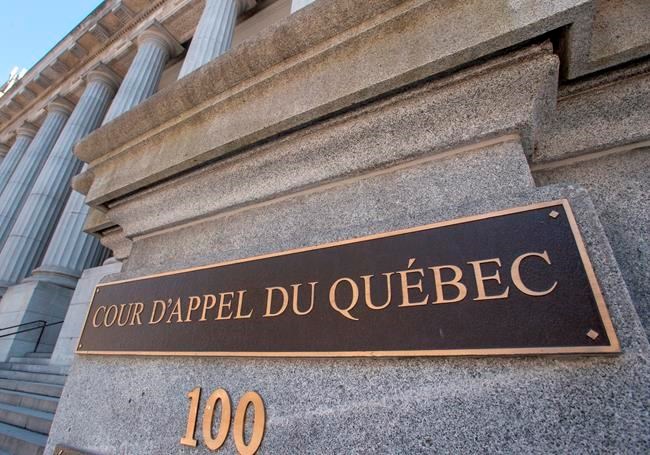MONTREAL — The United States government cannot be sued in Canada for its alleged role in infamous brainwashing experiments at a Montreal psychiatric hospital, Quebec's Court of Appeal ruled this week.
The proposed class-action lawsuit is about the MK-ULTRA program — allegedly funded by the Canadian government and the CIA between the 1940s and 1960s at Montreal's Allan Memorial Institute, which was affiliated with McGill University.
In a 3-0 decision rendered Monday, the province's highest court upheld a lower court decision that said a 1982 Canadian law governing how foreign states can be sued in the country cannot be used retroactively. The appeal was heard in March.
The court case stems from a January 2019 class-action application filed against McGill University, the Royal Victoria Hospital and the Canadian and U.S. governments after Montrealers allegedly had their memories erased and were reduced to childlike states.
The lawsuit — which has not been authorized by a judge — alleges that the experiments by Dr. Donald Ewen Cameron at the Allan Memorial Institute between 1948 and 1964 were part of the CIA's MK-ULTRA program of covert mind-control.
The plaintiffs argued that the trial judge erred in granting the U.S. immunity at an early stage in the proceedings. They said the U.S. could be sued retroactively under Canada's 1982 State Immunity Act, which permits lawsuits in cases of bodily injury. The plaintiffs also argued there were exemptions for commercial lawsuits during the period the experiments allegedly took place.
However, lawyers representing the U.S. attorney general said that what's alleged in the class action application does not involve a commercial agreement between the U.S. and Canada. The U.S., they said, benefited from immunity in Canada before the 1982 law was enacted.
Any lawsuit against the American government should be filed in a U.S. court, they added.
Lawyer Jeffrey Orenstein, who represents the plaintiffs, said in an email he is reviewing all legal options, including an application for leave to appeal at the Supreme Court of Canada.
His clients, he said, understand the importance of immunity as it pertains to international relations.
"However, the bodily injury exception to state immunity has been in effect since 1982," Orenstein said. "The U.S. government would not be able to enjoy absolute immunity today in relation to the facts as outlined in our class action … we believe that they also did not have immunity even at the time that the alleged acts took place."
As many as 300 families could participate in the class action if it is approved.
This report by The Canadian Press was first published Oct. 3, 2023.
Sidhartha Banerjee, The Canadian Press



